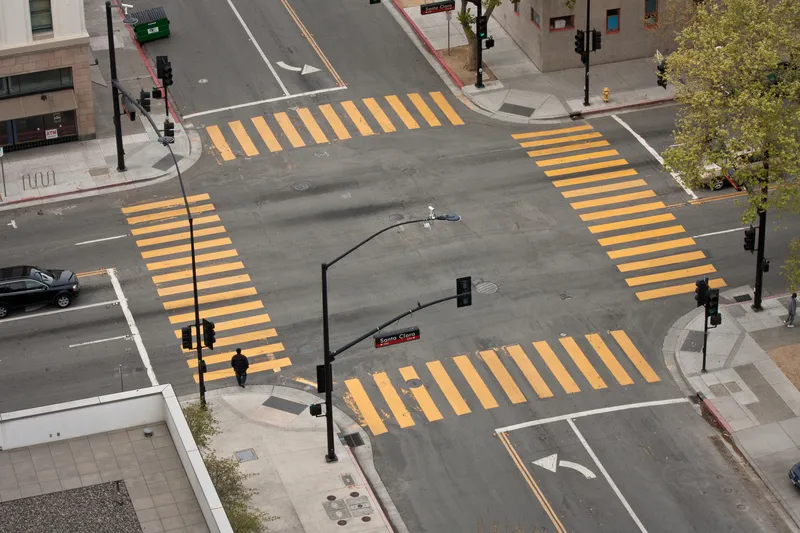
The
Featuring an intuitive and user-friendly interface, Co-Pilot allows users to generate deployment cost estimates for 56 applications drawn from: Vehicle-to-vehicle safety; Vehicle-to-infrastructure safety; Mobility; Environment; Road weather; Smart Roadside; and Agency data.
Users input the estimated number of ‘building blocks’ required by their deployments. These encompass the system elements of each deployment, such as signalised intersections, transit vehicles, and freight terminals. Co-Pilot then allows users to assign relevant selected applications to each program building block. Outputs include an Excel spreadsheet with line-item breakdown of deployment costs; a pie chart displaying the percentage of costs; and a cost probability distribution graph.
Co-Pilot also provides users with the flexibility to alter unit cost data to suit local needs, as well as include additional cost elements.









